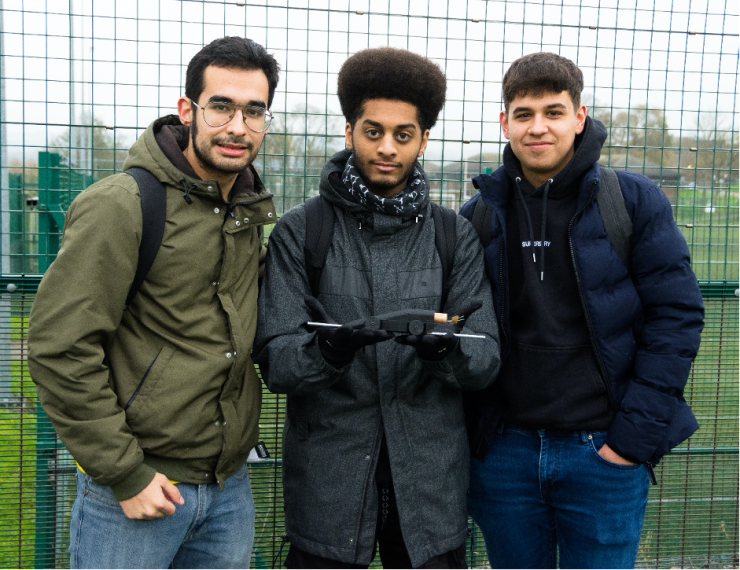“Exhibiting my work has been an incredible experience. It’s one thing to develop ideas in the studio but seeing them on display and sharing them with the public gives them a new life. I hope my project can spark conversations about how architecture can enable sustainable, community-driven change.” – student, Zoe Li
What does it mean to be an architect in the age of climate change? At the University of Brighton, students aren’t just asking that question – they’re answering it with bold, creative, and community-driven design.
As part of the 200th anniversary of the Newhaven–Dieppe ferry link, students studying our Architecture RIBA Part 2 MArch unveiled a powerful exhibition at the Marine Workshops in Newhaven. Their mission? To reimagine the future of two historic port towns, Newhaven (UK) and Dieppe (France), in the face of rising seas, shifting economies, and the urgent need for sustainable living.
Continue reading “Designing for a changing coastline: Architecture students reimagine Newhaven and Dieppe”








